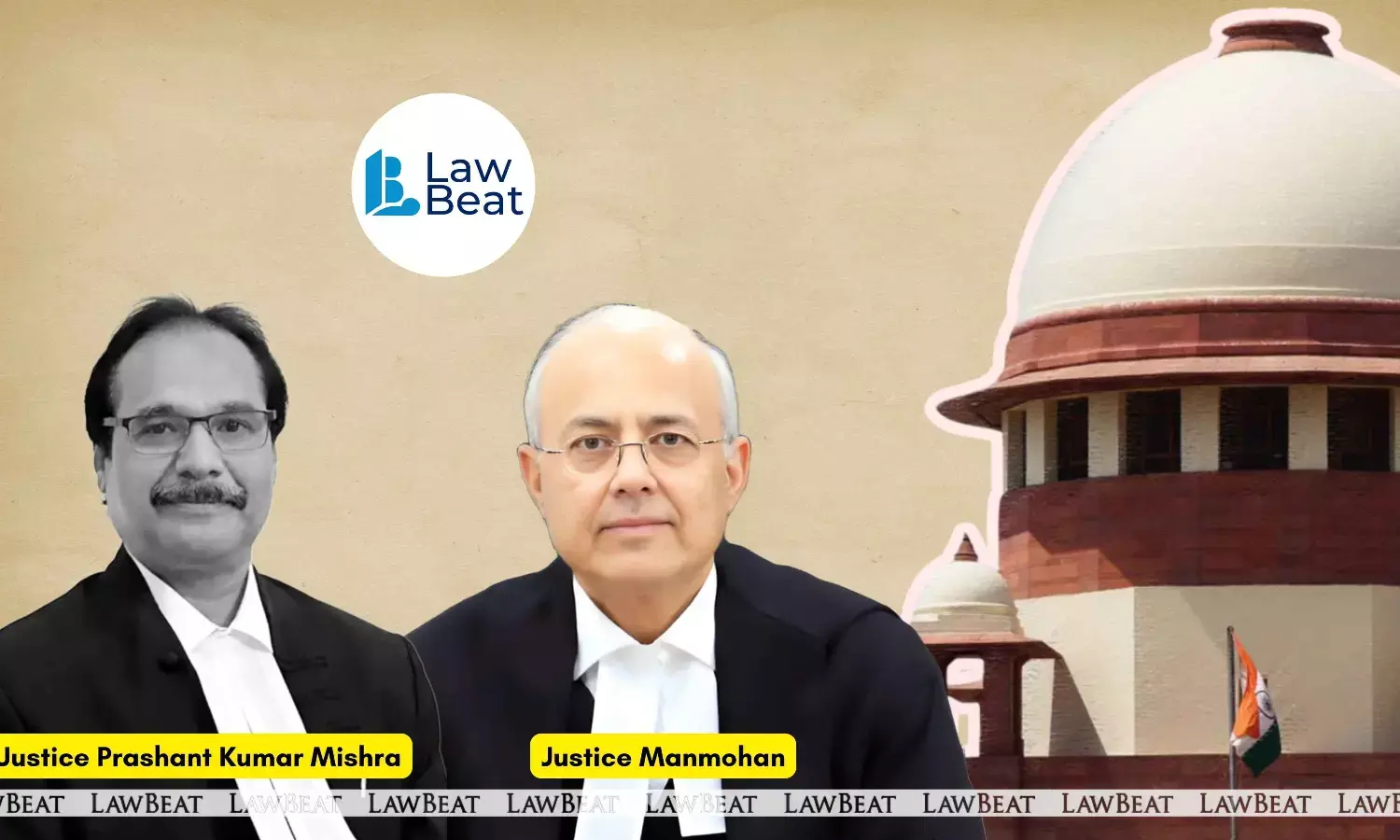Supreme Court To Examine Legality Of Consecutive Life Sentences In Murder Case

The Supreme Court on Thursday agreed to examine whether consecutive life sentences can be handed down to a person convicted twice for murder, a move that has raised questions about its conformity with a 2016 Constitution Bench ruling.
The issue came up while a Bench of Justice Prashant Kumar Mishra and Justice Manmohan was hearing a petition challenging a 2015 Punjab and Haryana High Court verdict in a 2010 double murder case.
The High Court had upheld the conviction of a man under Section 302 of the IPC and sentenced him to life imprisonment for each of the two murders. It held that while life imprisonment normally means incarceration for the rest of the person’s natural life, a separate life sentence could be made to run consecutively, starting after the first, if the first is reduced through pardon or remission.
The Court, however, in its 2016 constitution bench ruling, had held that while multiple life terms may be handed for multiple offences, these must run concurrently and not consecutively.
During the hearing, the petitioner’s counsel drew the Supreme Court’s attention to this precedent, arguing, “That is exactly what has been done in this case. The High Court’s direction to execute the two life terms consecutively runs contrary to the 2016 ruling.”
The Counsel further explained that the direction meant the petitioner was effectively deprived of applying for remission, a consideration normally available to a person serving a life sentence, and asked the Supreme Court to set aside this part of the verdict.
The Bench issued a notice “limited to the question of whether consecutive life sentence for conviction under Section 302 is lawful in view of the observation made in …”, and adjourned the matter for eight weeks.
The Supreme Court will now consider whether the principle of concurrent punishment applies uniformly, and whether the High Court erred in directing two life terms to run consecutively in this context.
